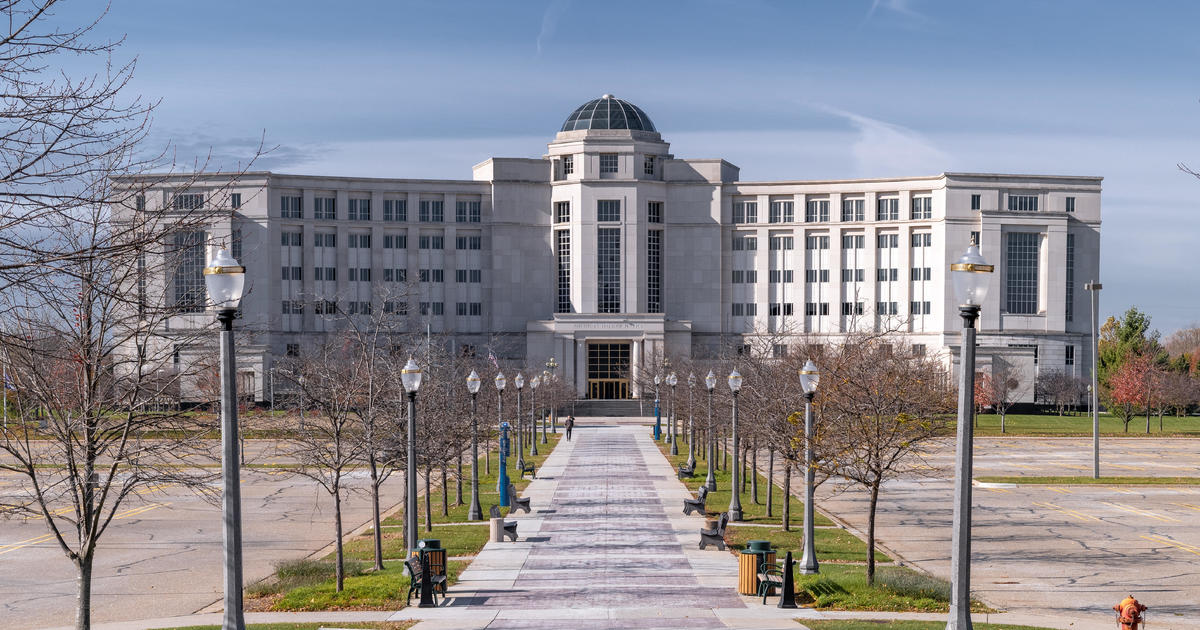Pea-Paca Farms Represents A Growing Michigan Trend
By Tom Jordan
@TomJordanNews
There are approximately 90 alpaca farms in Michigan according to Chuck Geiss, the owner of Pea-Paca Farms. Geiss is the fifth owner of this 190-year-old property in Superior Township.
Native to Peru, the llama-looking animals with the distinctive puffy hairdo, are relatively new to the United States. They were imported here in the late 1980s, but then-president Clinton put an abrupt end to these cuddly looking creatures in the late '90s because of America's war on drugs.
The ones that made it over to the mainland are in-demand, and not just for their personable nature or the way they stare adoringly into their handler's eyes. It's something more useful. The alpacas produce a unique fleece.
In-demand And On-trend
"Sheep's wool comes off straight and has to go through a machine to put corrugation or crimp into it. The alpaca has that naturally. So the hand spinners love this stuff. It comes right off the animal and can go right on the loom. New York high-fashion loves the fact that these are hypoallergenic, no dies, all-natural and soft as can be," explained Geiss.
It will be a long time before the alpaca's coat will replace the market for wool and cotton. The US population is just too small -- so Chuck saves some of these males, the studs of the pack, for just one singular purpose. It's a job the lucky alpacas willingly and eagerly take on.
One-Track Mind
Geiss went on to say, "Most of the males we don't breed because once they get a taste of breeding they're not very friendly to each other and they only really want to do one thing and it's hard to actually keep weight on these animals once they get their tunnel vision on breeding."
Farm's Historical Setting
If you think the Pea-Paca Farm looks old -- you're onto something. This place is filled with historic significance. In fact, the original land deed was signed by John Quincy Adams himself.
"It's a pride of ownership when any of us walk onto the property. There's history here -- without a doubt. In 1857 to build a colonial brick house ... you're showing off. There's two ghosts we believe in the house. A feminine sweet-smelling and a peppery male-smelling ghost," said Geiss.
The property takes some up-keep. Chuck spends much of his time clearing the fast-growing landscape and cleaning up the animal droppings which are recycled for a potent blend of fertilizer for local farmers. Supervising a growing Michigan herd to maintain their health and their productivity, to increase a population of wild, eager and all-around likable Peruvian original.



